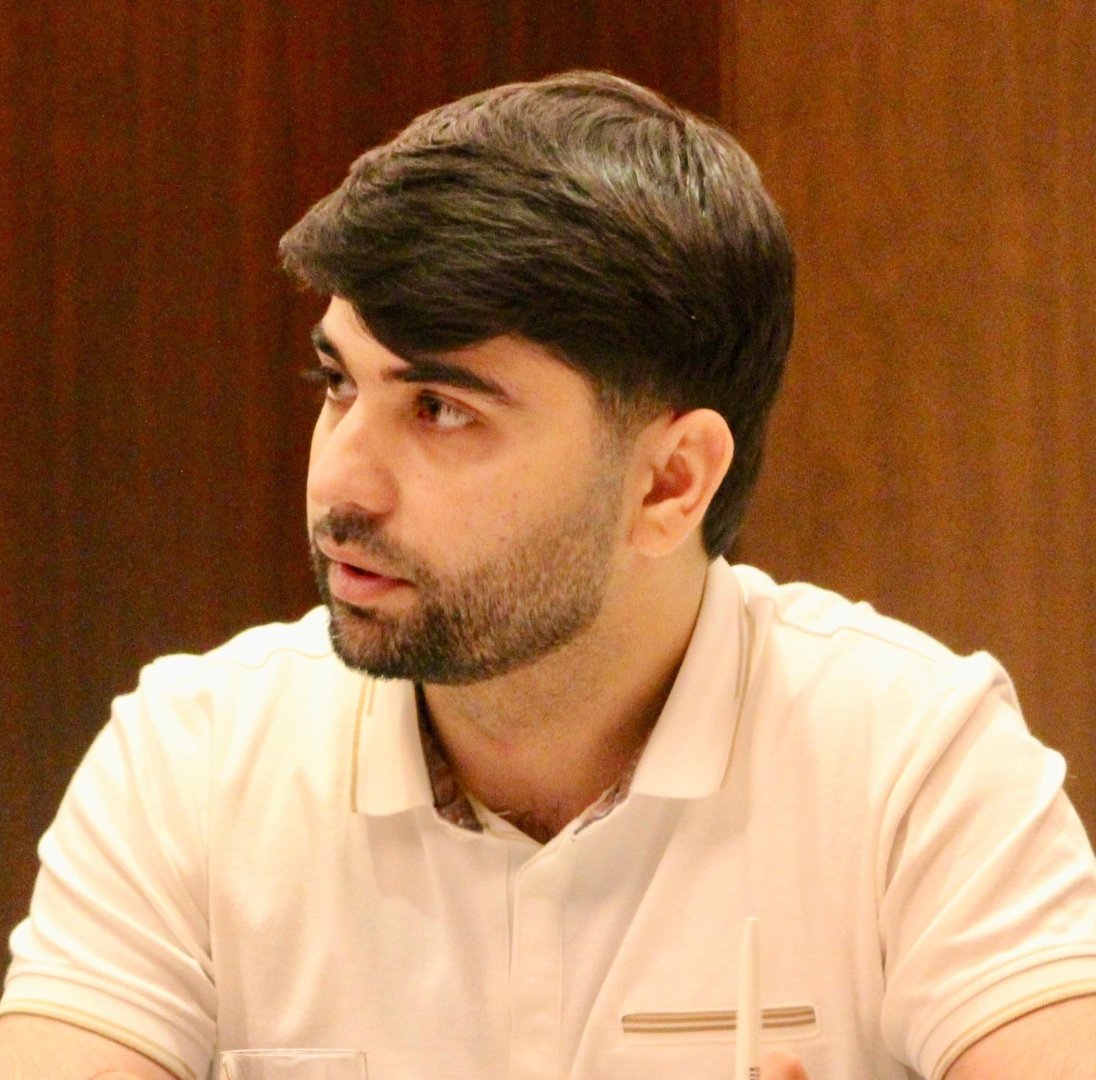BAKU, Azerbaijan, May 7. A climate meeting has started in Copenhagen with the participation of leaders and ministers from various countries, including Azerbaijan and Kazakhstan, aimed at directing discussions for the upcoming COP30 talks in Brazil, Trend reports.
The meeting is chaired by Denmark's Minister for Climate, Energy and Utilities Lars Aagaard.
The designated president of COP30, Brazilian Ambassador Andre Correa do Lago, and the outgoing president of COP29, Azerbaijan's special climate representative, Minister of Ecology and Natural Resources Mukhtar Babayev are also attending the meeting.
The opening remarks highlighted that during COP29 in Baku, nearly 200 partner countries achieved significant results under the "Baku Climate Solidarity Pact", focusing on intensified climate change efforts, enhanced resilience, and mobilizing financial resources for those in need. Key achievements included the new Collective Quantitative Target for Climate Finance, the Loss and Damage Fund, and the completion of rules for the carbon market under the Paris Agreement’s Article 6. The most important takeaway was that COP29 demonstrated that multilateral action could yield real results through countries working together.
Currently, the main focus is on turning these results into concrete steps, as the climate crisis demands decisive and swift global action. The success of COP30 will depend on the international community's readiness to support and strengthen the multilateral climate regime, which includes accelerating the implementation of the Paris Agreement and making it more relevant to people’s lives.
Babayev noted that in the rapidly changing world, all countries face the climate crisis, making open discussions, constructive cooperation, and progress essential. He emphasized that through joint efforts, significant progress had been made. Before the Paris Agreement, the world was headed toward a 4°C rise in temperature, but thanks to efforts like those in Baku, the world has shown it can reach agreements and achieve results.
He also mentioned that developing countries would receive $1.3 trillion annually in climate finance under new commitments.
Babayev stressed the need for honest assessment of the current situation given increasing global uncertainties. He cautioned that the climate crisis will not wait for other issues to be resolved and must be addressed alongside other global challenges. Otherwise, missed opportunities will lead to regret.
Babayev added that the presidency of COP29 is currently supporting Brazil's preparations for COP30. He emphasized that the leadership and support of the President of Azerbaijan Ilham Aliyev played a decisive role in the successful organization of COP29 and in the country's investment in the fight against climate change.
"Our main goal is for all leaders to actively participate equally in this process. At the spring meetings held in Washington, we faced the risk of climate issues being removed from the agenda. But we must bring this issue to the forefront again and present concrete plans for fulfilling the commitments made. This involves not only governments but also all stakeholders, including multilateral development banks and other financial institutions," the minister said.
As one of the outcomes of COP29, Babayev pointed out that the target is to mobilize $300 billion annually by 2035, and achieving this will require collective effort.
He emphasized that the next immediate and crucial result should be the preparation of new climate plans, with all countries expected to submit their National Adaptation Plans (NAP) and initial two-year transparency reports by September. These steps will support Brazil’s leadership at COP30.
COP30 President called on the international community to unite efforts against climate change for the well-being of humanity.
He reminded participants of the recent call by UN Secretary-General Antonio Guterres at the Petersberg Climate Dialogue, urging countries to submit national contributions aligned with the 1.5°C goal by September.
"We must take these calls seriously—it is essential to both prevent the worst outcomes and take advantage of opportunities for a low-carbon and sustainable future," do Lago said.
The year 2025 marks the 10th anniversary of the Paris Agreement's adoption and the midpoint of a decisive decade for climate action. This year also represents a crucial stage for the implementation of the Paris Agreement's goals. 2025 should be a turning point for advancing climate change adaptation and submitting National Adaptation Plans.
In this context, COP30 will uniquely coordinate participants, processes, and mechanisms within and outside the UNFCCC framework. The goal is to bridge gaps in key areas such as mitigation, adaptation, finance, technology, and capacity building, in line with COP30’s "Southern Cross" vision.
With just seven months to go before COP30, there is a critical opportunity for parties to accelerate their climate ambitions and actions. This high-level meeting in Copenhagen provides a platform for sincere and constructive discussions on climate action.
During the two-day meeting, participants will have open and constructive discussions on a number of key issues identified based on the Baku Solidarity Pact and the UAE Consensus, including nationally determined contributions, just transition, financing, adaptation, resilience, and the implementation of the Global Stocktake.
Stay up-to-date with more news on Trend News Agency's WhatsApp channel







